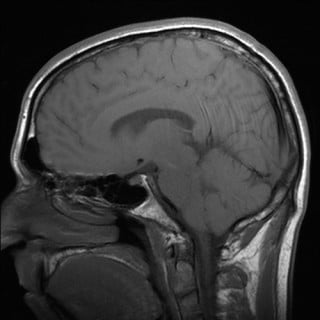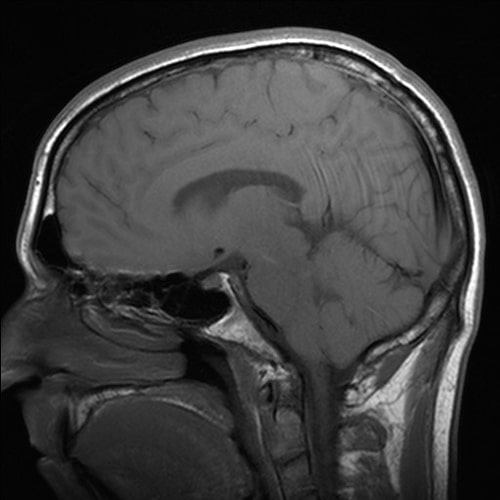 by Betsy Divyak, Speech-Language-Pathologist & Joseph Aussem, Clinical Audiologist
by Betsy Divyak, Speech-Language-Pathologist & Joseph Aussem, Clinical Audiologist
Aphasia: What is it exactly?
Aphasia is an acquired disorder that impacts language and its different modalities (i.e. production, comprehension, reading, or writing). Strokes are the most common cause of aphasia as language centers of the brain are often damaged. However, aphasia can result from traumatic brain injury or brain tumors as well. Aphasia can present itself in different forms; below are four common aphasia profiles observed in the veteran patient population.
1) Broca’s Aphasia (i.e. expressive aphasia)—Veterans with this aphasia profile have difficulty translating their ideas into spoken or written language. Sentences may be very short and/or grammatically incorrect. They know what they want to say but cannot use words to get their message across.
2) Wernicke’s Aphasia (i.e. receptive aphasia)—Veterans with this aphasia profile have a difficult time understanding spoken and written language. Additionally, they may have difficulty using meaningful and appropriate words during conversation. Their contributions in conversation may not make sense to listeners.
3) Global Aphasia—Veterans with this aphasia profile display both expressive and receptive language problems, as described above. This is the most severe aphasia profile and is usually observed right after a stroke occurs. Global aphasia can improve; individuals may regain receptive and/or expressive language skills over time.
4) Anomia—Veterans with this aphasia profile have difficulty recalling words or names when they are speaking (i.e. word-finding difficulty). Individuals are often frustrated because the word is ‘at the tip of their tongue’. This aphasia profile is the least severe.
Veterans with aphasia often benefit from speech-language services. Individual treatment sessions are tailored to a veteran’s specific language needs. In addition, veterans are taught to use compensatory strategies to improve independence and success in their activities of daily living. Another speech-language service is group therapy, where multiple veterans with aphasia meet to work on social communication skills with a speech-language pathologist. Group therapy provides a supportive context for veterans with aphasia.
ATTENTION READERS
We See The World From All Sides and Want YOU To Be Fully InformedIn fact, intentional disinformation is a disgraceful scourge in media today. So to assuage any possible errant incorrect information posted herein, we strongly encourage you to seek corroboration from other non-VT sources before forming an educated opinion.
About VT - Policies & Disclosures - Comment Policy




